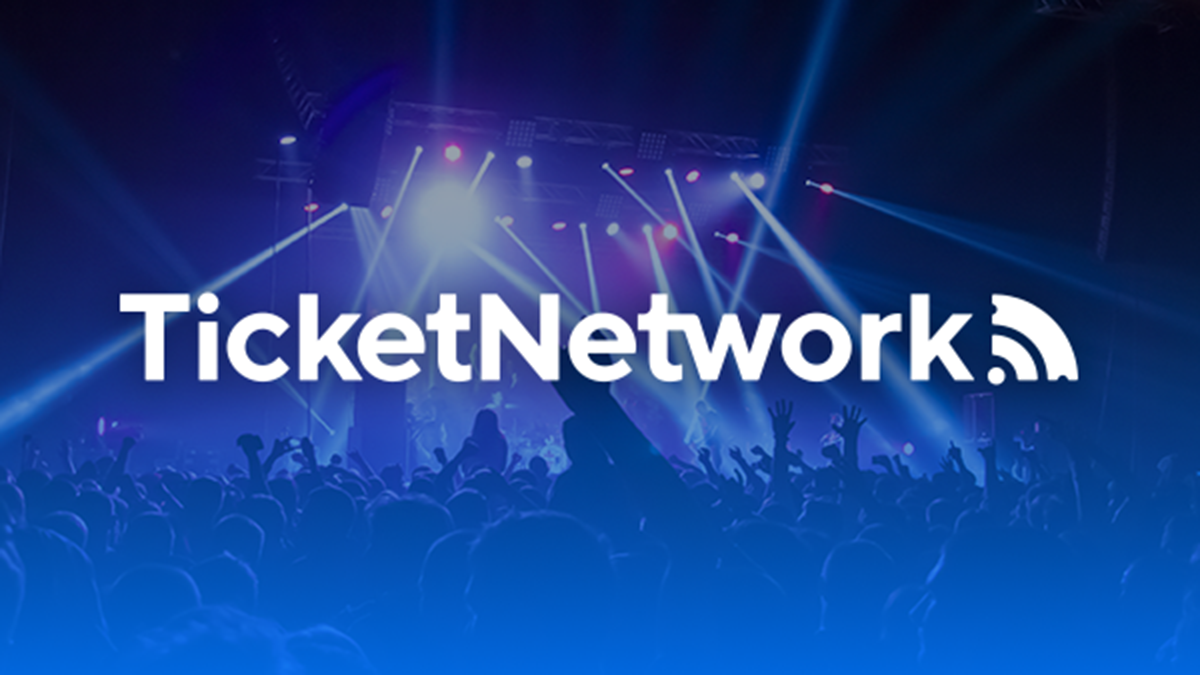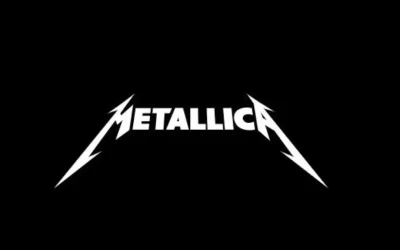Online resale marketplace TicketNetwork urged federal regulators to crack down on what it calls “rigged” practices in the live‑event ticket industry, proposing regulations that would make tickets easier to transfer, prices more transparent and competition more robust.
The comments from the company were submitted as part of the Department of Justice and Federal Trade Commission’s request for input on “unfair practices in the live event ticket marketplace” – itself in response to recent executive order from President Trump. In its filing, the Connecticut‑based company laid out a nine‑point reform plan aimed at the “vertically integrated gatekeeper” it says dominates ticket sales — an allusion to Live Nation Entertainment and its Ticketmaster operation, which controls the primary box office at most major U.S. venues.
“Consumers are fed up with the modern ticketing system, and deserve better,” says TicketNetwork CEO Don Vaccaro. “Concentrated market power, deceptive price inflation tactics, anti-competitive technology, and consumer rights being shredded by fine print terms and conditions make ticket buying a rigged game. These common-sense standards would resore transparency, liquidity, and true price competition to the industry.”
The problems TicketNetwork sees
TicketNetwork’s suggestions draw on state investigations, academic studies and consumer complaints to argue that current marketplace conditions:
- Conceal true supply. Holds for presales, VIP packages and other insiders create the illusion of scarcity, pushing fans to panic‑buy.
- Tie venues to one seller. Long‑term exclusive contracts, often bundled with concert‑promoter services, leave rival ticketing firms locked out.
- Blend primary and resale listings. When the same company sells and resells tickets, it can steer fans toward higher‑priced inventory, the company argues.
- Restrict transfers. Barcodes locked to a single platform undermine ticket portability and undercut legitimate resale competition.
- Delay refunds and suppress bot data. Fans wait weeks or longer for cash back after cancellations, while reports of bot attacks remain opaque.
- Use price caps and floors to distort markets. Promoter‑imposed minimum resale prices — and, in some cases, state‑level maximums — squeeze the legal secondary market and push transactions underground.
Proposed remedies
To address those points, TicketNetwork urges regulators to impose:
- Holdback transparency. Public disclosure of withheld inventory before the first ticket is sold.
- Guaranteed portability. Free, transferable ticket formats — whether barcode, PDF or NFT.
- Nationwide “all‑in” pricing. Mandatory display of full costs, including fees, from the first click.
- Limits on exclusivity. Venue‑ticketing deals capped at five years, with anti‑retaliation protections for venues that switch providers.
- Open‑data standards. A universal API so any certified exchange can validate barcodes.
- Automatic refunds. Cash returned within seven business days for cancellations and within 60 days after extended postponements.
- Bot‑incident reporting. 48‑hour disclosure of large‑scale bot attacks, funded by penalties on offenders.
- Ban on resale price floors. Producers and primary sellers barred from setting minimum resale prices.
- Pre‑emption of harmful caps. Federal rules overriding state or promoter limits that funnel fans to unregulated sellers.
The filing also calls for fairer dispute‑resolution options, including small‑claims or in‑state arbitration and a 30‑day opt‑out of forced arbitration clauses.
Antitrust backdrop
The DOJ has been investigating Live Nation for years over allegations it leverages its control of venues, tours and Ticketmaster to stifle rivals. Lawmakers from both parties have held hearings on high fees and botched onsales, with consumer demand for action growing to a fever pitch after the messy ticket sales process for Taylor Swift’s Eras Tour.
The agencies’ request for public comment, issued in May, could help shape future enforcement actions or rulemaking. It is separate from, though presumably could impact, the Department of Justice and multiple Attorneys General from across the country actively suing to break up Live Nation and Ticketmaster as an unlawful monopoly.
TicketNetwork framed its submission as a roadmap for regulators eager to “restore transparency, liquidity and true price competition.” Whether federal officials adopt those suggestions — or pursue their own antitrust case against Live Nation — could reshape the way millions of fans buy tickets.
View TicketNetwork’s full filing to the DOJ below:




